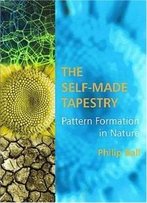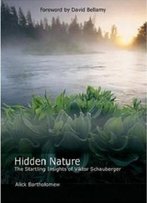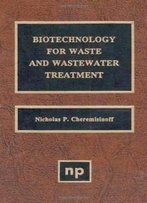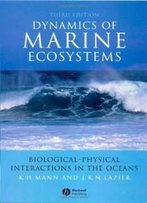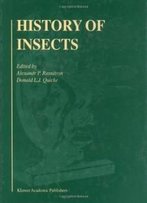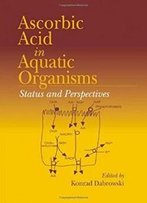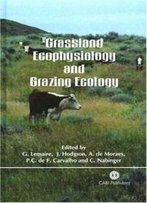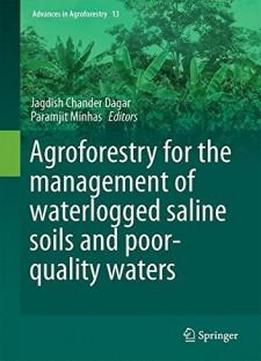
Agroforestry For The Management Of Waterlogged Saline Soils And Poor-quality Waters (advances In Agroforestry)
by Jagdish Chander Dagar /
2016 / English / PDF
6.9 MB Download
Land degradation caused by salinity and waterlogging is a global
problem afflicting about one billion hectares and endangering the
food security of at least 75 countries. Since the social, economic
and environmental costs of on and/off-farm reclamation techniques
are high, agroforestry is now emerging as a potential tool, not
only for arresting salinity and waterlogging, but also for other
environmental services like mitigating climate change, sequestering
carbon and restoring biodiversity. This publication addresses the
vital issues, principles and practices related to rehabilitation
using agroforestry and includes many site-specific case studies
from a number of the world’s typical catchments. Written by leading
researchers, the book is a must, not only for scientists whose
research interests lie in soil salinity, waterlogging and
poor-quality waters, but also policy makers, environmentalists,
students, and educationists alike. More importantly, it contributes
to reversing the salinity trends and ensuring the livelihoods of
resource-poor farming families living in these harsh
agro-ecosystems.
Land degradation caused by salinity and waterlogging is a global
problem afflicting about one billion hectares and endangering the
food security of at least 75 countries. Since the social, economic
and environmental costs of on and/off-farm reclamation techniques
are high, agroforestry is now emerging as a potential tool, not
only for arresting salinity and waterlogging, but also for other
environmental services like mitigating climate change, sequestering
carbon and restoring biodiversity. This publication addresses the
vital issues, principles and practices related to rehabilitation
using agroforestry and includes many site-specific case studies
from a number of the world’s typical catchments. Written by leading
researchers, the book is a must, not only for scientists whose
research interests lie in soil salinity, waterlogging and
poor-quality waters, but also policy makers, environmentalists,
students, and educationists alike. More importantly, it contributes
to reversing the salinity trends and ensuring the livelihoods of
resource-poor farming families living in these harsh
agro-ecosystems.


